Lebanon FM resigns after remarks on Daesh anger Persian Gulf states
Lebanon’s caretaker Foreign Minister Charbel Wehbe has stepped down from office, shortly after he angered the Persian Gulf kingdoms by blaming them for the rise of the Takfiri Daesh group in Syria and Iraq.
Wehbe handed in his resignation on Wednesday as he met President Michel Aoun at the Presidential Palace, Lebanon’s official National News Agency reported.
“In light of the recent developments which accompanied my latest TV interview, and out of my concern not to allow exploitation of what was stated in the interview to offend Lebanon and Lebanese people, I had the honor to meet His Excellency, the President, and submitted to him a request to be relieved of my duties and responsibilities as the foreign minister in the caretaker government,” the Lebanese diplomat said in a statement after the meeting.
Earlier, Saudi Arabia, the United Arab Emirates, Kuwait and Bahrain had summoned Lebanese ambassadors respectively to protest against Wehbe’s remarks.
The Saudi Foreign Ministry called in the Lebanese ambassador to Riyadh and handed over a memorandum to him, officially protesting “the offense” committed by Wehbe and his “shameful comments” toward the kingdom, said the statement released by the official Saudi Press Agency.
In a televised interview late on Monday night, Wehbe blamed “countries of love, friendship and fraternity” for “planting Daesh in the plains of Nineveh and Anbar and Palmyra” in reference to territory seized by the extremists in Syria and Iraq in 2014. He did not name any country, though.
The top Lebanese diplomat made the comments during a verbal duel with a Saudi guest on the show broadcast on US-based and Arabic-language al-Hurra television news network.
When asked if by “those countries,” he meant the Arab states in the Persian Gulf region, Wehbe declined to name any specific countries. But answering another question about whether those Arab states had funded Daesh, he said, “Who funded them then, was it me?!”
The Saudi statement further said, “These statements violate the most basic diplomatic norms and don’t fit in the context of the historic relations between brotherly people.”
The UAE’s foreign ministry also summoned the Lebanese ambassador and handed him an official protest note.
“The Ministry of Foreign Affairs and International Cooperation has strongly decried the derogatory and racist statements made by caretaker Lebanese Foreign Minister, Charbel Wehbe, against the Kingdom of Saudi Arabia and other Persian Gulf Cooperation Council (GCC) states,” UAE state news agency (WAM) reported on Tuesday.
The statement added that the remarks fly in the face of all diplomatic norms, and are inconsistent with the historical relations between Lebanon and all GCC states.
Separately, Secretary General of the Riyadh-based GCC, Nayef al-Hajraf, demanded a formal apology from Wehbe to Persian Gulf states for his “unacceptable” remarks.
Kuwait and Bahrain also summoned the Lebanese ambassador and Charge d’affaires respectively and handed them protest notes.
Lebanese President Michel Aoun said on Tuesday that Wehbe’s comments about Arab states of the Persian Gulf region did not reflect official policy, and that Beirut was keen to maintain good relations with the countries.
Lebanon’s outgoing Prime Minister Hassan Diab also said he had sought an explanation from Wehbe, adding that his country was eager to preserve the “best relations” with Saudi Arabia and other states in the Persian Gulf region.
Saad Hariri, the prime minister-designate who owes much of his family fortune to Saudi Arabia’s support, also criticized Wehbe, saying his remarks were “not in accordance with diplomatic norms.”
Last month, Saudi Arabia announced the suspension of fruit and vegetable imports from Lebanon, claiming shipments were being used for drug smuggling.
Nasser Qandil, editor-in-chief of Lebanon's al-Binaa newspaper, told Press TV at the time that the actual reason behind the prohibition was “political motivation,” saying if Riyadh actually wanted to fight drug trafficking it could easily act through its ambassador in Beirut and contact the relevant Lebanese officials.
The closure of the kingdom’s border to the Lebanese goods at a time when Lebanon is going through an unbearable economic crisis, would only make the agricultural sector start pressuring the authorities to restore the exports, Qandil said.
This would, in turn, have the Lebanese political actors try to ingratiate themselves to the Saudis by enabling election of Riyadh’s favorite choice for Lebanon’s prime minister.
Iraq won’t allow terror groups to cross border into Iran: Security official
Iran’s security chief: Does America come first or Israel with 500 US soldiers killed?
Iran warns all Israeli embassies ‘legitimate targets’ if Lebanon embassy attacked
IRGC pounds bases of anti-Iran terrorist groups in Iraqi Kurdistan
Iran’s Fattah 2 hypersonic missile nearly impossible to intercept: Report
Another girls’ school targeted in US-Israeli attacks on Iran
IRGC says dismantled US radar in Qatar, attacked destroyer in Indian Ocean
Modi's Israel visit shows morality no longer guides India's foreign policy: Journalist


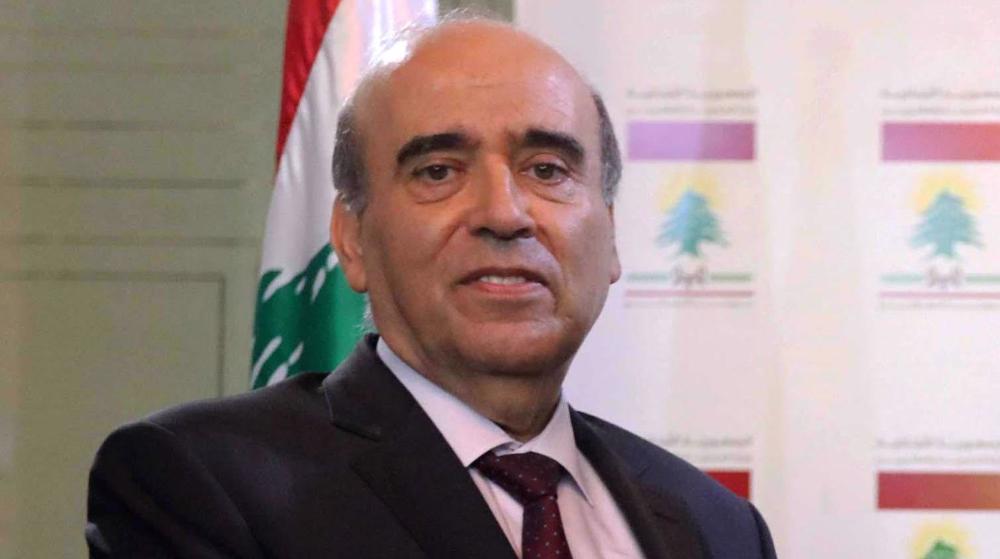



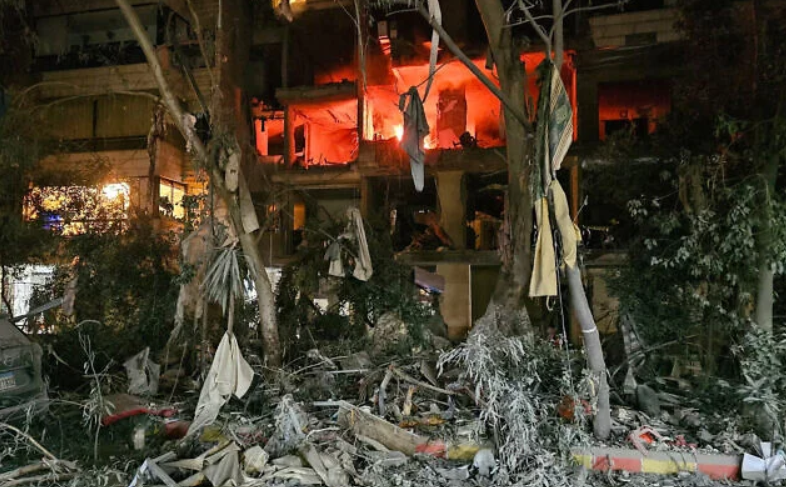
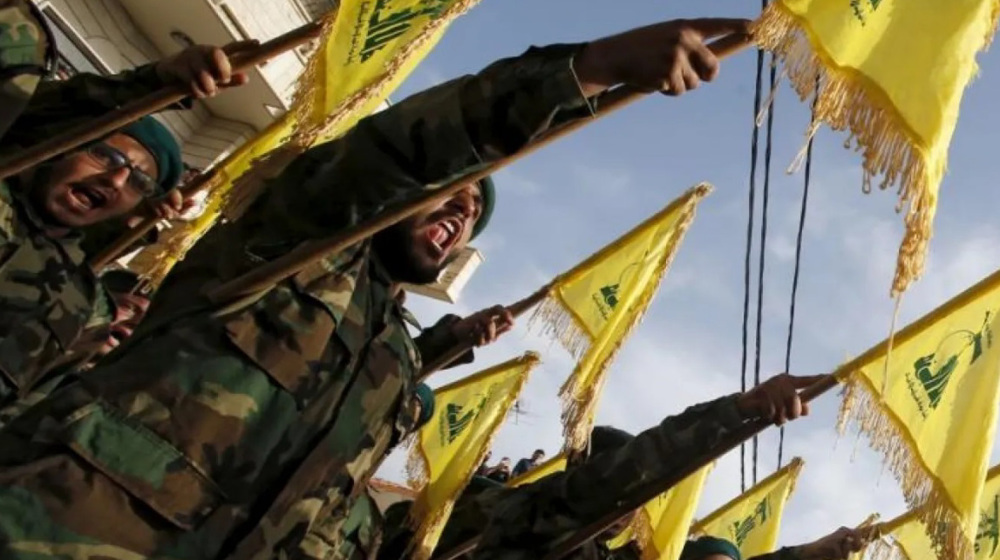



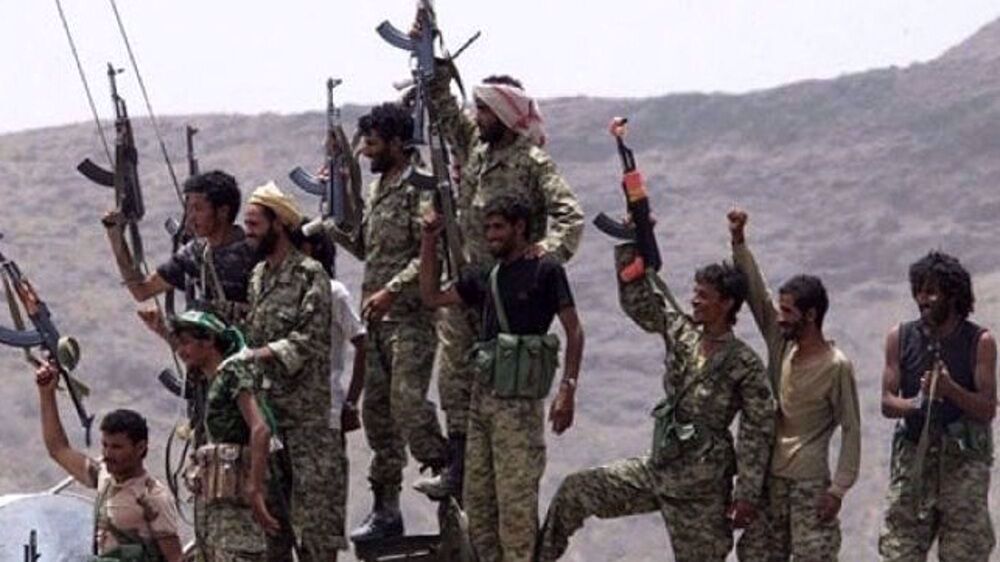
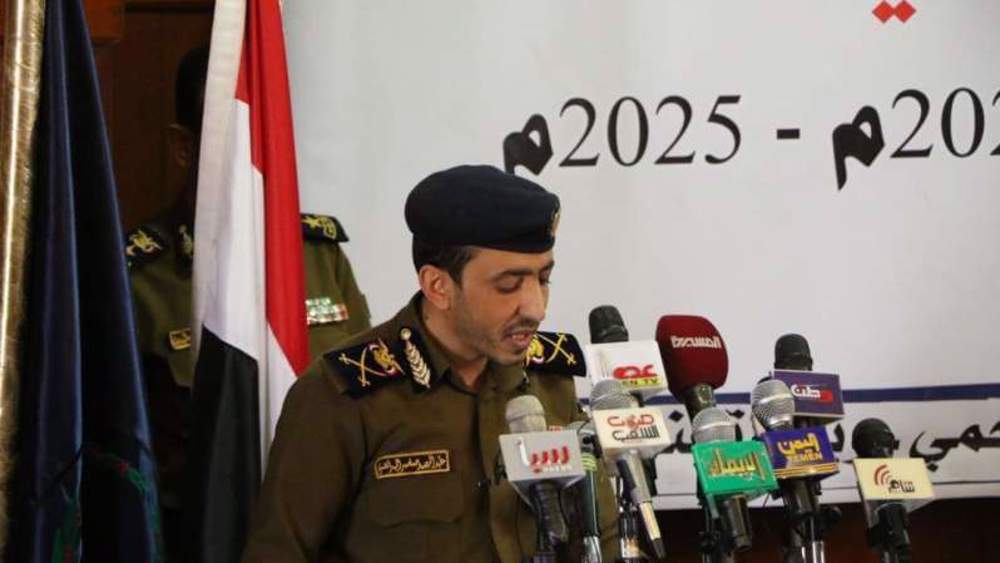
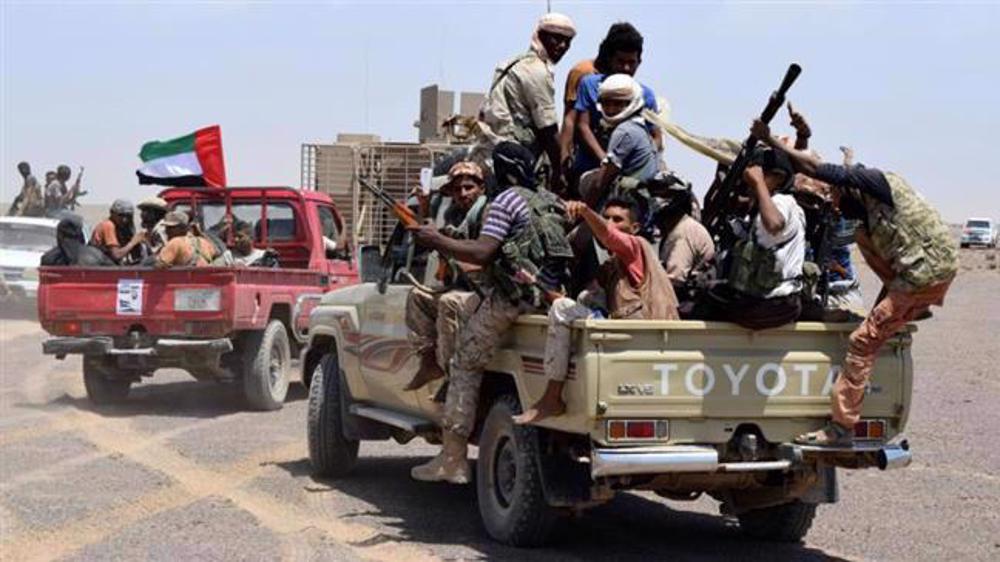
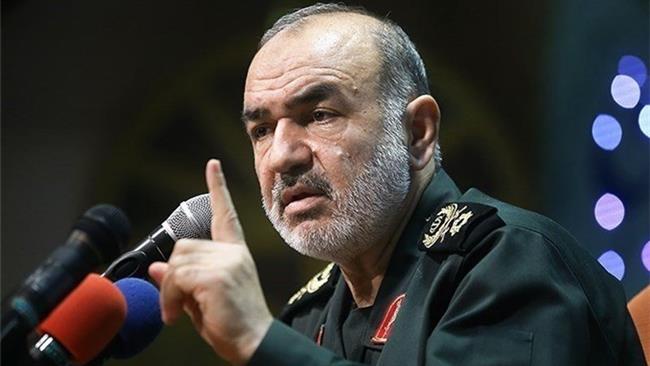

 This makes it easy to access the Press TV website
This makes it easy to access the Press TV website